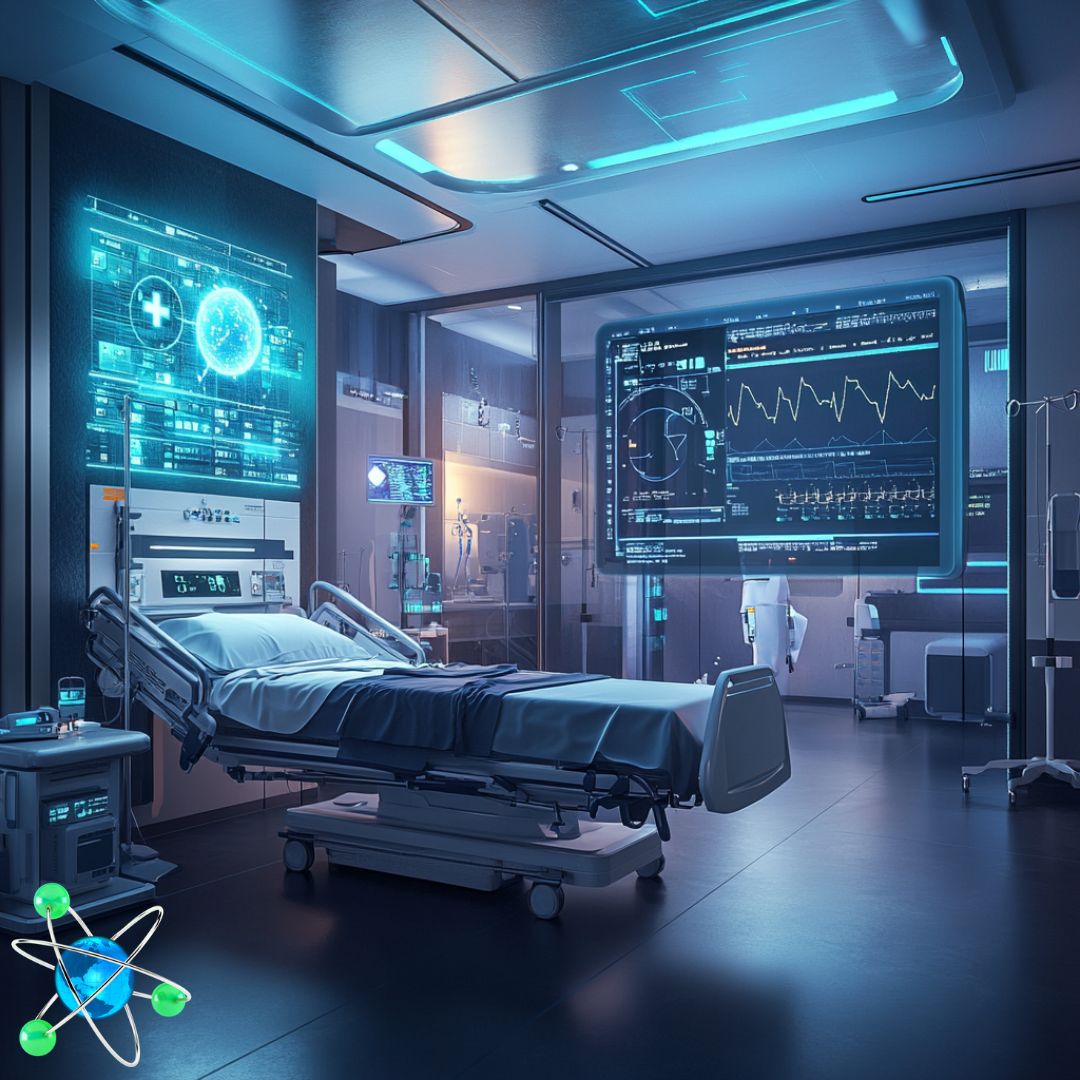
-
CareIntellect for Oncology: GE HealthCare’s new AI application streamlines the workflow for oncologists by summarizing patient data and monitoring treatment adherence, helping to alleviate the burden of data management and allowing doctors to focus on patient care.
-
Clinical Trial Matching: The tool automates the identification of relevant clinical trials for patients, significantly reducing the time oncologists spend searching for trial eligibility, thus enhancing the efficiency of patient care.
-
Future Developments: GE HealthCare plans to expand its AI offerings under the CareIntellect brand, including collaborative AI agents and tools for predicting cancer recurrence, all aimed at improving the standard of care and reducing clinician workload.
GE HealthCare has unveiled a new artificial intelligence tool, CareIntellect for Oncology, designed to streamline the work of oncologists by simplifying the often overwhelming task of managing and analyzing patient data. This innovation addresses a significant challenge in healthcare: a vast amount of data—up to 97%, according to a Deloitte report—remains unused due to its complexity and storage across multiple formats such as medical images, lab results, clinical notes, and device readings.
CareIntellect for Oncology seeks to alleviate the burden on oncologists by quickly summarizing patient histories and highlighting key data, allowing doctors to focus more on patient care than on time-consuming data management. According to Dr. Taha Kass-Hout, GE HealthCare’s global chief science and technology officer, the platform will help clinicians better track patient progress and identify deviations from treatment plans, such as missed lab tests, prompting appropriate follow-up actions.
For cancer patients, whose treatment journeys often span several years and involve multiple medical visits, the ability to easily access critical information is invaluable. Another major feature of CareIntellect for Oncology is its ability to identify relevant clinical trials for patients. Traditionally, this process has required doctors to manually sift through databases, analyze eligibility criteria, and match patients accordingly. CareIntellect automates this task, potentially saving hours of work and expediting the trial-matching process, as explained by Chelsea Vane, GE HealthCare’s vice president of digital products.
While the tool’s primary purpose is to save oncologists time by offering quick summaries and actionable insights, it also provides flexibility. If doctors wish to explore a particular detail in greater depth, the app allows them to access the original medical records. The initial rollout of CareIntellect for Oncology is scheduled for 2025, with a focus on prostate and breast cancers. Tampa General Hospital is one of the health organizations currently evaluating the technology. Being cloud-based, the tool is designed to generate recurring revenue for GE HealthCare by offering subscriptions to healthcare providers.
Looking ahead, GE HealthCare plans to expand the CareIntellect brand with additional AI-powered applications. These future tools will be customizable, allowing healthcare organizations to choose the specific applications that suit their needs.
In addition to the oncology tool, GE HealthCare is developing other AI solutions aimed at transforming clinical practice. These include a tool to predict aggressive breast cancer recurrence and another that quickly flags suspicious mammograms for radiologists. One of the most ambitious projects, Health Companion, envisions a collaborative team of AI agents trained in various medical specialties such as radiology, pathology, and genomics. These agents would work together to provide expert insights on patient symptoms and treatment progress, emulating the support of a multidisciplinary team but in real time.
Dr. Kass-Hout notes that while it is still an early concept, Health Companion is intended to elevate the standard of care by offering immediate, data-driven insights to clinicians. The ultimate goal is to reduce the burden on doctors, enabling them to make quicker and more informed decisions for their patients.
As GE HealthCare continues to develop these AI-driven tools, the company is working closely with healthcare providers and regulators to ensure that the technology meets clinical needs and complies with necessary guidelines. By addressing some of the most pressing challenges in healthcare, such as data overload and the administrative strain on clinicians, GE HealthCare aims to revolutionize patient care with its innovative AI solutions.
